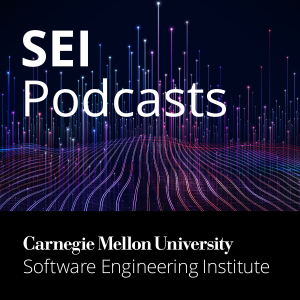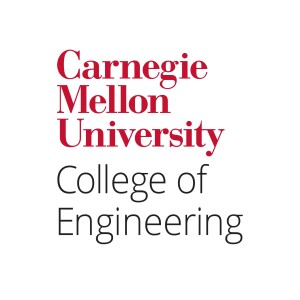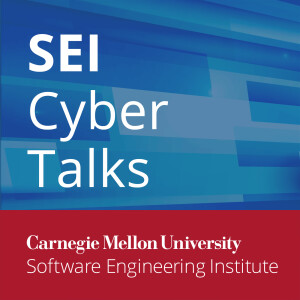Zero trust architecture has the potential to improve an enterprise’s security posture. There is still considerable uncertainty about the zero trust transformation process, however, as well as how zero trust architecture will ultimately appear in practice. Recent executive orders have accelerated the timeline for zero trust adoption in the federal sector, and many private-sector organizations are following suit. Researchers in the CERT Division at the Carnegie Mellon University Software Engineering Institute (SEI) hosted Zero Trust Industry Days to enable industry stakeholders to share information about implementing zero trust. In this SEI podcast, CERT researchers Matthew Nicolai and Nathaniel Richmond discuss five zero trust best practices identified during the two-day event, explain their significance, and provide commentary and analysis on ways to empower your organization’s zero trust transformation.
More Episodes
ChatGPT and the Evolution of Large Language Models: A Deep Dive into 4 Transformative Case Studies
 2023-12-14
2023-12-14
The Cybersecurity of Quantum Computing: 6 Areas of Research
 2023-11-28
2023-11-28
User-Centric Metrics for Agile
 2023-11-16
2023-11-16
The Product Manager’s Evolving Role in Software and Systems Development
 2023-11-10
2023-11-10
Measuring the Trustworthiness of AI Systems
 2023-10-12
2023-10-12
Actionable Data in the DevSecOps Pipeline
 2023-09-13
2023-09-13
Insider Risk Management in the Post-Pandemic Workplace
 2023-09-08
2023-09-08
An Agile Approach to Independent Verification and Validation
 2023-08-09
2023-08-09
Automating Infrastructure as Code with Ansible and Molecule
 2023-07-10
2023-07-10
Identifying and Preventing the Next SolarWinds
 2023-06-20
2023-06-20
A Penetration Testing Findings Repository
 2023-06-13
2023-06-13
Understanding Vulnerabilities in the Rust Programming Language
 2023-06-08
2023-06-08
We Live in Software: Engineering Societal-Scale Systems
 2023-05-18
2023-05-18
Secure by Design, Secure by Default
 2023-05-10
2023-05-10
Key Steps to Integrate Secure by Design into Acquisition and Development
 2023-05-02
2023-05-02
An Exploration of Enterprise Technical Debt
 2023-04-18
2023-04-18
The Messy Middle of Large Language Models
 2023-03-29
2023-03-29
An Infrastructure-Focused Framework for Adopting DevSecOps
 2023-03-21
2023-03-21
Software Security in Rust
 2023-03-15
2023-03-15
Create your
podcast in
minutes
- Full-featured podcast site
- Unlimited storage and bandwidth
- Comprehensive podcast stats
- Distribute to Apple Podcasts, Spotify, and more
- Make money with your podcast
It is Free

- Privacy Policy
- Cookie Policy
- Terms of Use
- Consent Preferences
- Copyright © 2015-2024 Podbean.com



 iOS
iOS Android
Android

